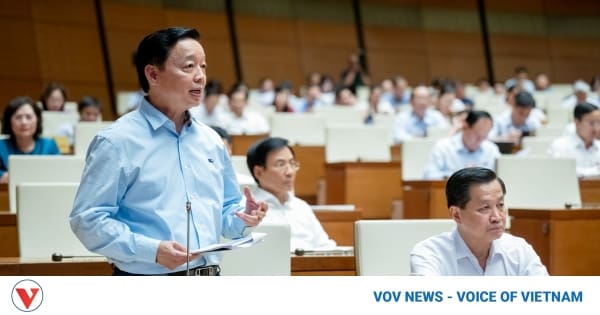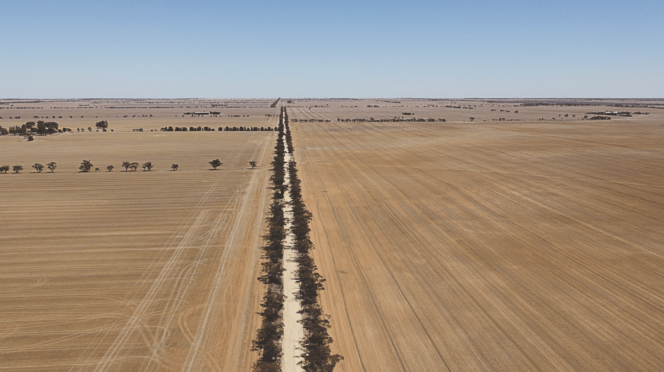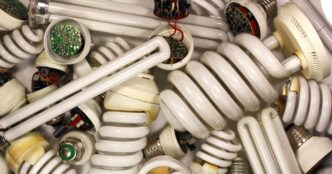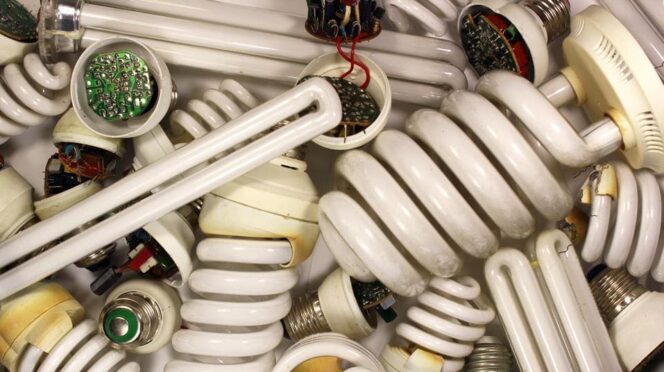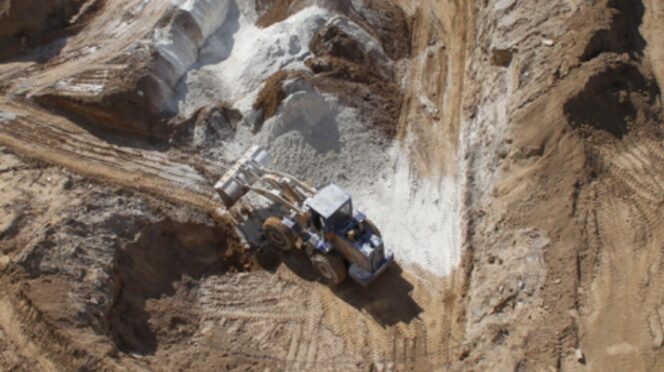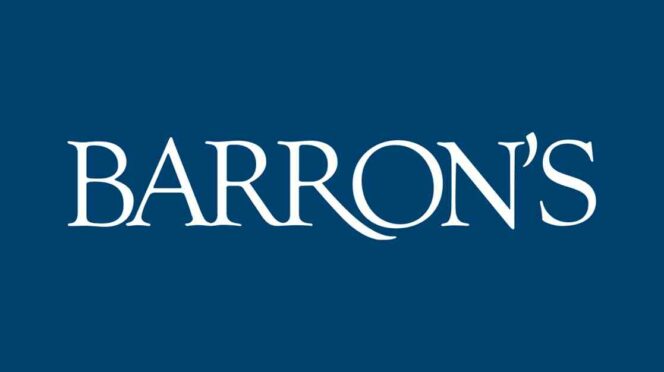Deputy Prime Minister Tran Hong Ha makes clear some issues relating to the government’s plan to exploit rare earth elements in Vietnam
Addressing National Assembly deputies, Ha said Vietnam’s rare earth reserves account for 18% of the world’s total. He cited statistics stating the current global market demand for rare earth elements has increased about 4%/year since 2014 due to the use of the materials in manufacturing batteries, magnets, and electric vehicles, as well as in space applications.
But this is also a very complicated market which is mainly controlled by big countries, he said, adding that the exploitation of these rare earth minerals has been closely directed by the Government.
According to the Deputy PM, the Government has directed the Ministry of Natural Resources and Environment and relevant ministries and agencies to conduct a survey and evaluate reserves of rare earths, determining principles based on market supply and demand for exploitation.
Earlier, answering the deputies’ questions, Minister of Natural Resources and Environment Dang Quoc Khanh revealed that Vietnam has large reserves of rare earth minerals at approximately 30 million tonnes, but exploitation and processing have yet to be comprehensively researched and examined.
In his view, the exploitation and processing of essential minerals such as rare earths must take into account deep and fine processing in order to support industrial production and development.
With larges reserves of rare earths ranked second in the world only after China, Vietnam has a huge opportunity to exploit and engage in in the global semiconductor chip supply chain.
However, the country produces only 1,000 tonnes/year because there is no technology for exploitation, production, or deep processing, while countries keep exclusive technological secrets.
Last year, Minister of Planning and Investment Nguyen Chi Dung affirmed that Vietnam has all the necessary conditions and factors to develop the semiconductor industry.
The country has been attracting large corporations in the semiconductor industry from the United States, the Republic of Korea, Japan, Europe, and Taiwan (China). It is developing a project to train 50,000 engineers for this industry till 2030.
Last September, US President Joe Biden visited Vietnam and upgraded the relationship between the two countries to a comprehensive strategic partnership. Innovation is one of the strategic cooperation fields, including the development of the semiconductor industry.
.
